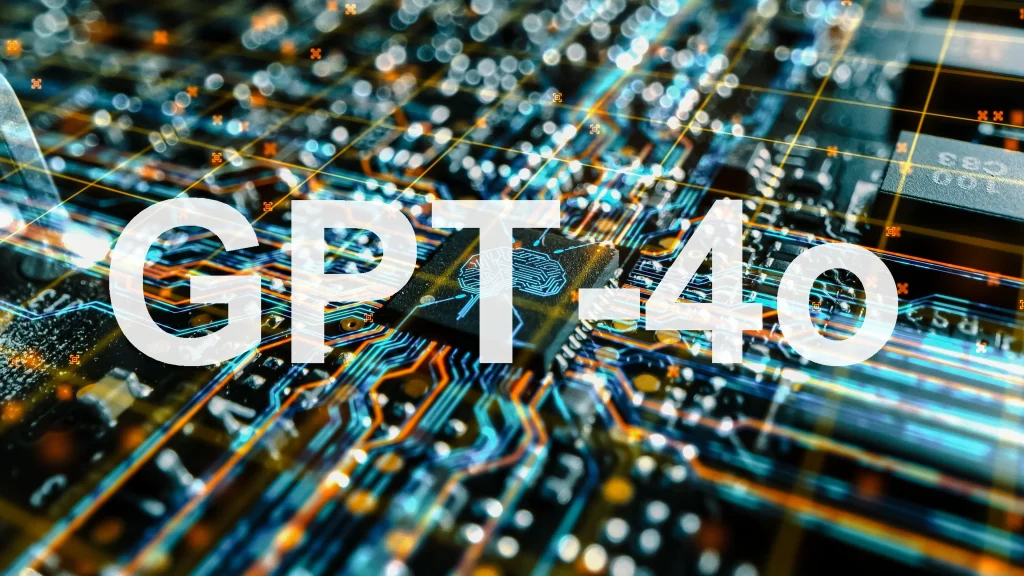
Some writers have argued that the launch of ChatGPT on November 30th, 2022, is as significant as the Enlightenment or the Industrial Revolution. Others are more skeptical, comparing it to potentially overhyped technologies like blockchain or the metaverse.
Regardless of its historical impact, one thing is clear: ChatGPT has become a major topic of discussion. It has made its way into presidential debates, Saturday Night Live sketches, and even flirted with users in a manner reminiscent of the movie Her. ChatGPT’s capabilities are extensive, from coding and composing music to crafting essays, and with the introduction of GPT-4o, it has only improved.
However, as the technology advances, it becomes more complex and, understandably, more concerning to some, especially as AI begins to impact job markets. Sensationalism further complicates the public’s understanding of AI.
This explainer aims to clarify what ChatGPT is and what it can do.
What is ChatGPT?
At its simplest, ChatGPT is a chatbot that answers questions using data from the internet. More technically, it’s an AI powered by OpenAI’s generative pre-trained transformers (GPTs), capable of creating new content.
What is OpenAI?
OpenAI, founded in December 2015, developed ChatGPT and other products like the AI image generator DALL-E. Microsoft is a major investor, while Elon Musk, one of the co-founders, has since parted ways to develop his own chatbot, Grok.
Will ChatGPT take over the world?
It’s unlikely. While ChatGPT and other AI technologies will replace some jobs, the idea of AI taking over the world is far-fetched. AI, including ChatGPT, still has significant limitations.
Why is ChatGPT so advanced?
ChatGPT’s intelligence comes from GPT models, which are regularly updated with new data. These models are trained by humans and vast amounts of internet data to generate human-like conversations and perform a wide array of tasks.
Capabilities of ChatGPT:
- Passing MBA exams
- Writing essays and code
- Analyzing data and solving math problems
- Providing customer support
- Planning trips and preparing for job interviews
Despite these capabilities, ChatGPT has critical flaws, including generating incorrect information and hallucinations—where it creates false facts. It can also plagiarize and produce biased or offensive content.
Future of ChatGPT:
While OpenAI may improve these issues over time, AI is here to stay. Learning how to effectively use these tools can be beneficial.
How to use ChatGPT:
Visit chat.openai.com or download the app for iPhone or Android. The free version runs on GPT-3.5, with limited access to GPT-4o. Paid tiers offer more advanced features, fewer restrictions, and access to custom GPTs and the DALL-E 3 model.
Other AI Chatbot Alternatives:
Alternatives like Google’s AI chat service Gemini offer features integrated with Google services and larger context windows for understanding information.
OpenAI has faced some internal upheavals, but ChatGPT continues to evolve and influence the AI landscape.